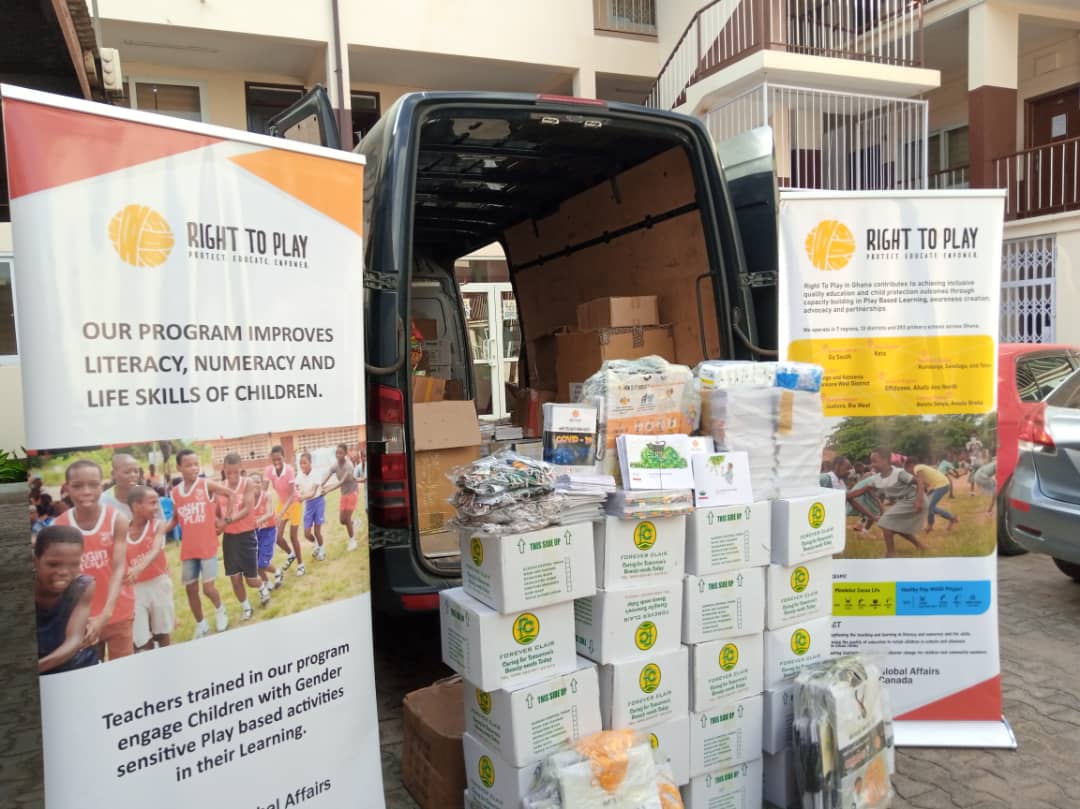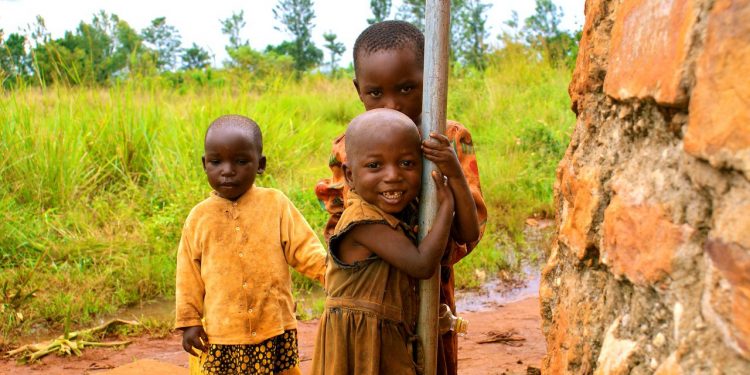Right To Play Ghana is expressing concerns over the challenges posed by COVID-19 to efforts made in ensuring access to quality education by Ghanaian children.
The organization in a statement to mark this year’s International Day of the African child marked 16th June each year said, as a promoter of quality primary education in Ghana, global health crisis such as COVID-19 can have far-reaching implications for primary education hence the need for urgent measures to be put in place to mitigate its effects, especially on education in rural areas.
It indicated that while mobile phones and other technological means can help fill the vacuum created by COVID-19 in the education sector, the limited access to these technologies makes it difficult for pupils in rural areas especially to take advantage of them.
“The onset of COVID-19 and the subsequent closure of schools within the last three months pose a threat to the gains made. global health crisis can have far-reaching implications for primary education unless measures are put in place to mitigate its effects, particularly on the education of children in the rural areas of the country.
The. Mobile phone ownership and access to technologies such as television are significantly limited in rural areas. As a result, most children in such communities have no access to, and cannot benefit from the newly emerging use of social media and television/radio broadcasting platforms in the wake of the COVID-19,” it said in a statement.
On the theme for this year’s celebration, which is “access to a child-friendly justice system in Africa,” Right to Play Ghana said a link must be drawn to securing the education of children in deprived communities.
“As an organisation, Right to Play has adopted and initiated a modified program with the aim of ensuring that children in such communities continue to have access to education,” it said.
The Country Representative for Right to Play, Josephine Mukakalisa noted that following the outbreak of COVID-19 in Ghana, it has partnered with the Ghana Education Service at the district level introduce “supplemental Learning, health and psychosocial support” to children and their families.

“The program deploys volunteer teachers, members of community-based organizations and district education officials to pay home visits to sensitize families on COVID–19 and the preventive measures as well as the protocols that will help them to stay safe. In addition to that children are also taken through lessons provided with reading materials and assigned homework to help them continue to learn while at home,” she said.
As of June 16, 2020, an estimated 15,000 children have benefited from the program, representing 7,800 girls and 7,200 boys.


Comments are closed.